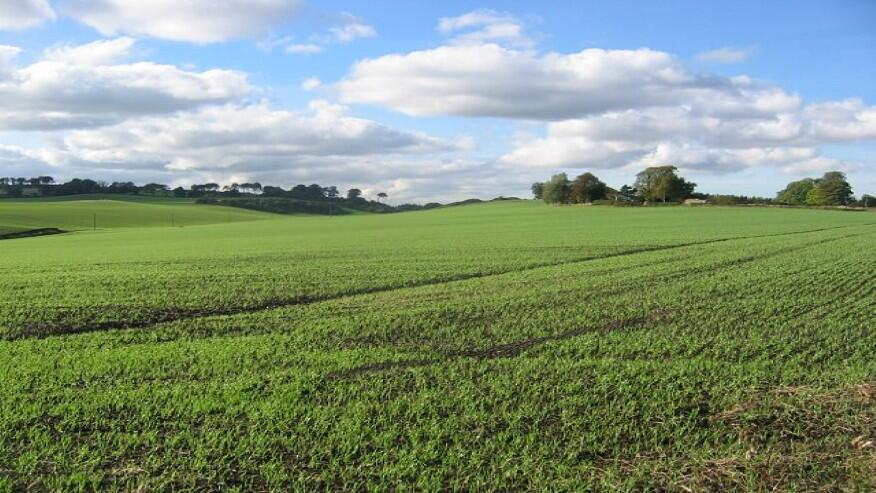The crops of corn, beans and rice, basic in the countries of Central America have begun to feel the impact of food climate change , reveals a study by the United Nations Economic Commission for Latin America and the Caribbean (ECLAC).
The temperature rises, changes in rainfall patterns, concentrations of carbon dioxide continue to impact the crops and have an effect on food security , warns a document prepared by the Ministry of Environment (MiAmbiente), the Foundation Konrad -Adenauer-Stiftun (KAL) and business Association Joining. which, in turn, cites the ECLAC study.
In Panama, the severe drought plaguing the country since last year has reduced the production of rice, one of the basic sources of power in Panama, producer Hector Villarreal said.
Also during the period 2015-2016, the area planted with maize and beans in the provinces of Bocas del Toro, Cocle, Herrera, Los Santos, Veraguas, Darien and Bugle Ngäbe was declined.
Meanwhile, the Food and Agriculture Organization (FAO) said that in the coming years droughts will intensify in Central America, thereby increasing the risk in four dimensions of food security : Availability of food , the access to food, utilization and stability.
‘The basic grains in Central America do not have much space to accommodate high temperature increases’ says the document, prepared in 2013 in order to contribute to decision making in the public and private sectors.











